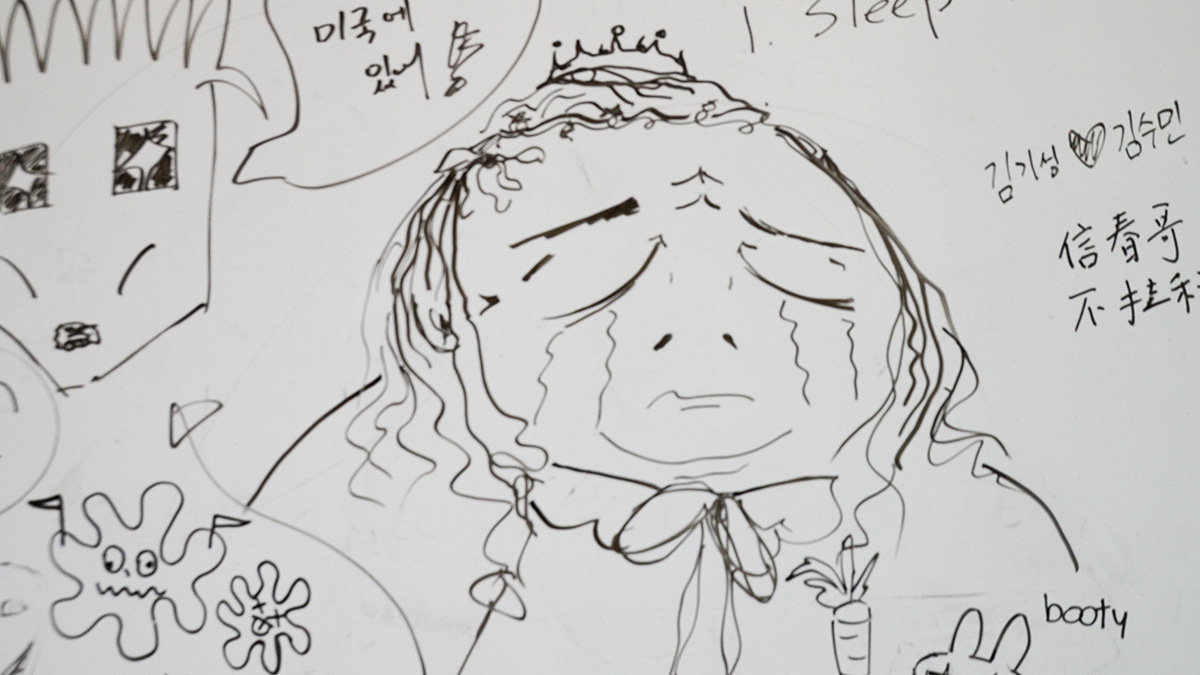Editorial: New BA is weird and isn’t as good as the old one
 Mackenzie Leland
Mackenzie LelandEvery first-year student knows that requirements suck. They’re boring, they don’t go with your aesthetic, and they cut into time that could be spent waiting in line for Aramark food.
The new BA promises to have less requirements, meaning that students will no longer be forced to take classes that are classified under certain categories such as Breadth and Diversity in order to fulfill 120 credits of their Arts degrees. It basically means you won’t be forced to take courses you’re not interested in. There is concern that the model lacks structure, but the faculty has considered implementing pathways, which are suggested sequences of classes, to make sure students understand what an Arts degree is and to facilitate transferring into Arts.
For high school students who know how university works and what they want to do, the new BA is really exciting. For students who have no idea what they’re doing and who aren’t lucky enough to have their instructors explain the responsibility required to choose the trajectory of their Arts degrees, life will be more difficult than it needs to be.
The old BA killed a few birds with one stone. It was sloppy, but it gave students exposure to many departments, the right track to finding what you wanted to major in in a reasonable amount of time, relatively easy transferability within the faculty if you changed your mind after first year, it gave jobs to scholars working in somewhat obscure departments, and did all this with (theoretically) minimal advising because you could plan your requirements yourself. Transferring from different faculties or schools sucked because you had to do a lot of 100-level classes whose topics you might already know or might not care about.
How the pathways would work in practice wasn’t very well communicated. I think the faculty was trying to say that the basic introductory structure of an Arts degree is largely the faculty’s responsibility, while senior courses (200-level and up) are largely the responsibility of departments. The new changes mean that instead of the faculty offering a basic structure to students that would allow them to choose their majors, it would be the students’ responsibility to experiment with what they thought was interesting, then make the choice, then have departments take over from there. Saying “I took the Global Citizenship pathway” sounds weird, but in practice in might just mean someone was interested in international politics and ended up majoring in Poli Sci and minoring in History and Swedish (the new BA allows for double minors, which is good). And rather than taking the old Fine Arts requirement, they took two Spanish classes instead, but it still counted toward 120 credits.
So maybe all this hoohaw about changing requirements meant turning the “required” structure into a “recommended” structure, meaning confused first-year students would likely do most of what the required structure would have them do anyway, they just wouldn’t be forced.
But if what happens now is any indication of what students will do if they’re “recommended” to do anything, students who were “recommended” to take five classes each semester in first-year to get as many of those 120 credits over with early on when you didn’t hate your life, must now choose between taking four courses per semester in your fifth year or doing a sixth year. 9 out of 10 priests also “recommend” that student loans are Satan.
There are certain things you should know about if you get a BA. Rhetoric, vocabulary, reading, different cultures, different languages, the history of Judaism, Greece, Rome, China, Africa, the Middle East, Christianity, medieval times, Puritans, John Locke, Kant, Hegel, Schopenhauer, Marx, Nietzsche, Max Weber, the relationship between indigenous and settler culture, Canada, America, colonialism, race, gender studies, politics, economics, the philosophy of science, Charles Darwin, Freud, Deleuze for the hell of it, ethics, morality, mortality, the tire fire that is contemporary media, Zizek, art, the history of art, art as politics, narrative, the human brain, climate change, and some party tricks and sex positions. As it is now, students get a sort of haphazard understanding of this stuff. It’s a good introduction.
The old BA allowed students to learn about these things without them intending to and that they potentially otherwise wouldn’t have learned. Learning is already more fractured and messy than it needs to be, but the old BA allowed for structured wandering. With enough exposure to diversity, you’d learn that the history of medicine will help you read philosophy, intro drama will help you make an interesting business presentation, or that the minute-long slide in intro econ doesn’t do Adam Smith justice at all. The new BA could work with proper advising, but advising now isn’t very great and it likely isn’t getting much better. And smaller departments that wouldn’t receive many students without requirements might be at risk.
What’s at stake if left to your own devices is blowing a few more thousand bucks than you need to, being potentially less prepared for law and grad school, and getting a lesser quality degree because of decisions you made when you were younger. Ideally the new BA would be the best of both worlds, allowing for easy transferability and good general learning, but it’s hard to think that it would be: there’s just too many Arts students who don’t really know what they’re doing. It seems like the faculty is undercutting itself because it’s more motivated by getting international students into high enrolment programs than introducing students to the liberal arts.
The next step is for General Faculties Council to approve it, and they likely will. The faculty should offer the old BA structure as a pathway. Another idea, if you’re an experienced student, is to design your own pathways for future students and let students know what classes in what departments are good, and how they would relate in the larger context of a degree trajectory. Current advising offers good general advice about certain classes, but the old-timers (fifth years) know how to get the most out of a BA.




